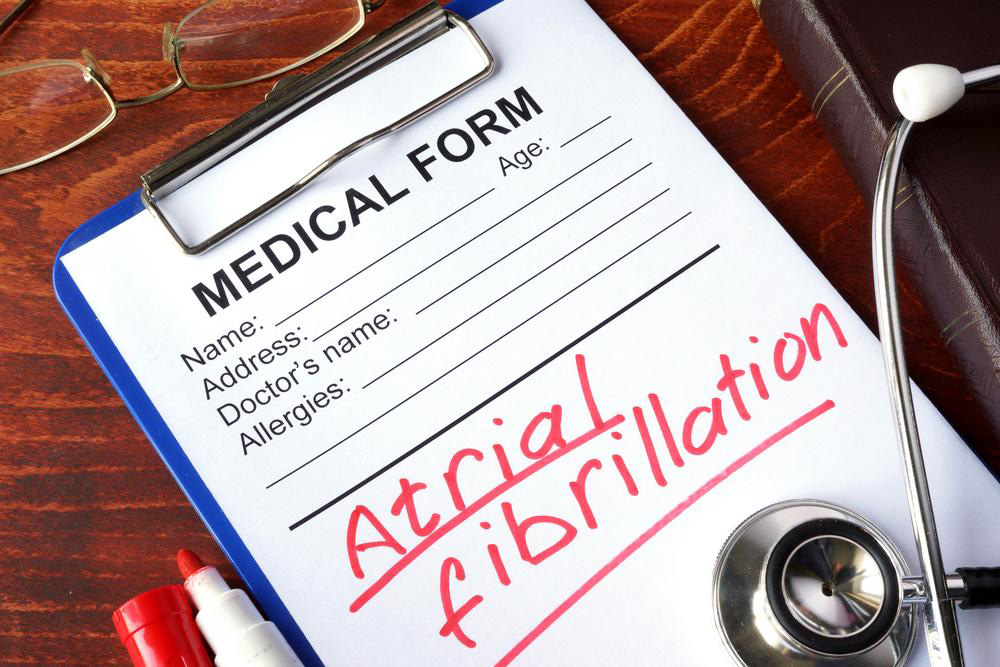An overview of Atrial Fibrillation
Almost 2.7 million Americans live with Atrial Fibrillation (AFib), yet most are not aware of how serious the issue is or that they even suffer from something with such a name. Hence, it is essential to raise awareness about this condition so that people can take steps before they are affected with fatal heart problems. AFib is a condition in which the heart beats in a quivering or irregular fashion. This irregularity in heartbeat or arrythmatic heartbeat can eventually result in even more serious issues like blood clots, strokes, complete heart failure, and many more complications related to the heart.

What happens in AFib?
In case of a normal cardiac cycle, the heart normally contracts and relaxes to regular beats. The right atrium pumps blood into the ventricle and when the ventricles relax, the blood is pumped into the left atrium, which in turn circulates the blood throughout the body. The blood flows through one way valves when moving from one chamber to another, and the heartbeat sound is caused because of the closing of those valves.
However, in case of AFib, the Atria, or the upper chamber, quivers and is not able to pump blood properly, thereby causing a delay in the cardiac cycle.
Symptoms of AFib
Most patients suffering from this condition describe their experiences as the heart flip flops or that the heart skips beats or that they feel like their heart is banging against their chests especially when doing a bit of physical work. Some people also describe as feeling nauseated, weak, or light headed. Coming to the symptoms, AFib usually is indicated by one or more of the following issues:
– Fluttering or quivering of the heartbeat
– General fatigue throughout the day
– Occasional “fluttering or thumping in the chest
– Dizziness
– Anxiety and shortness of breath.
– Inability to carry out any heavy physical work
– Excessive sweating
– Chest pain or pressure on the chest (This is actually a medical emergency and might be a sign of heart attack.)
Types of AFib
There are several types of AFib including the following:
Paroxymal fibrillation – Heart returns to its normal rhythm on its own within a few days.
Persistent fibrillation – Arrhythmia lasts longer than 7 days.
Long standing AFib – Consistent irregularity present for more than 12 months.
Permanent AFib – The condition lasts indefinitely.
Non valvular AFib – Arrhythmia is not caused due to valve issue.


